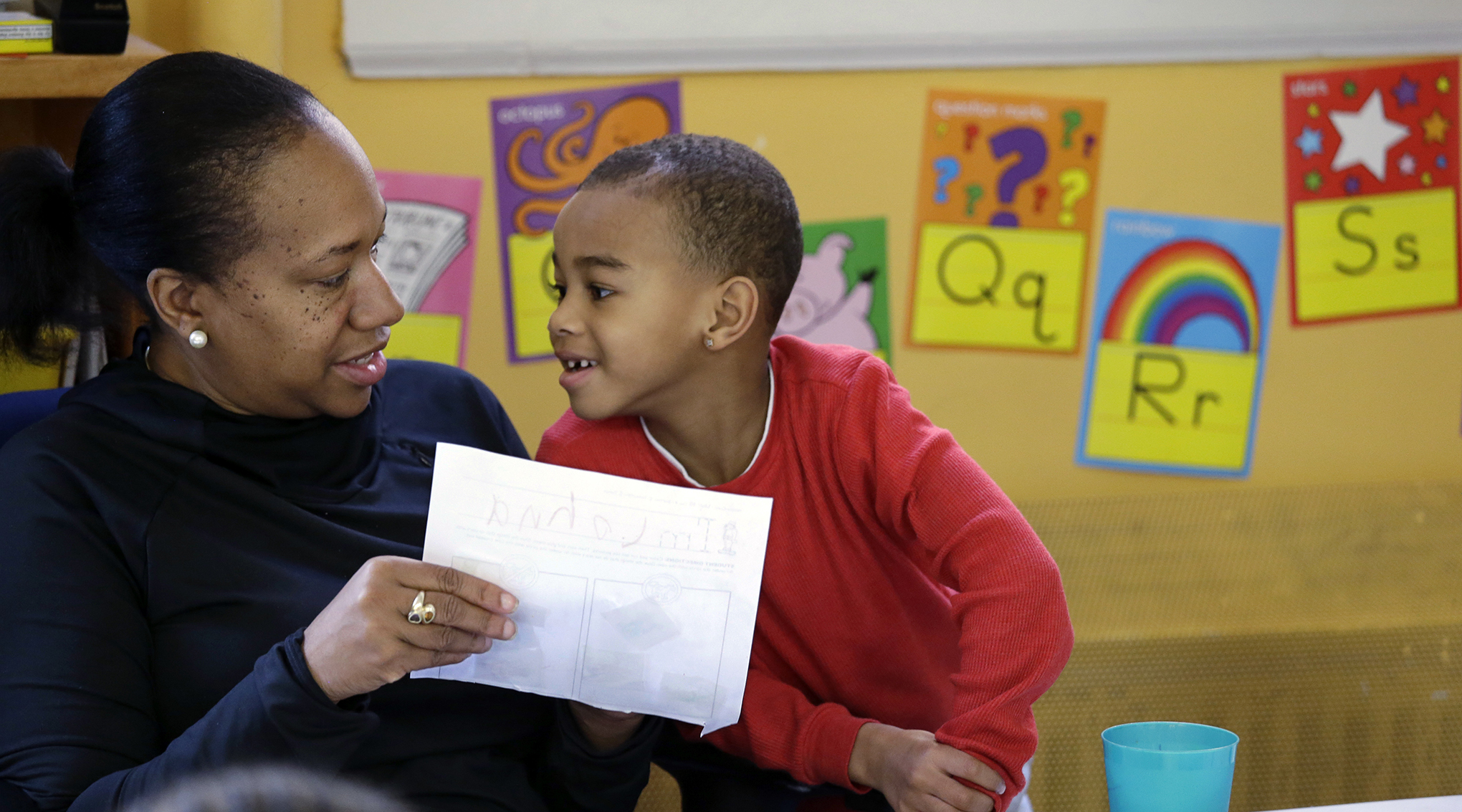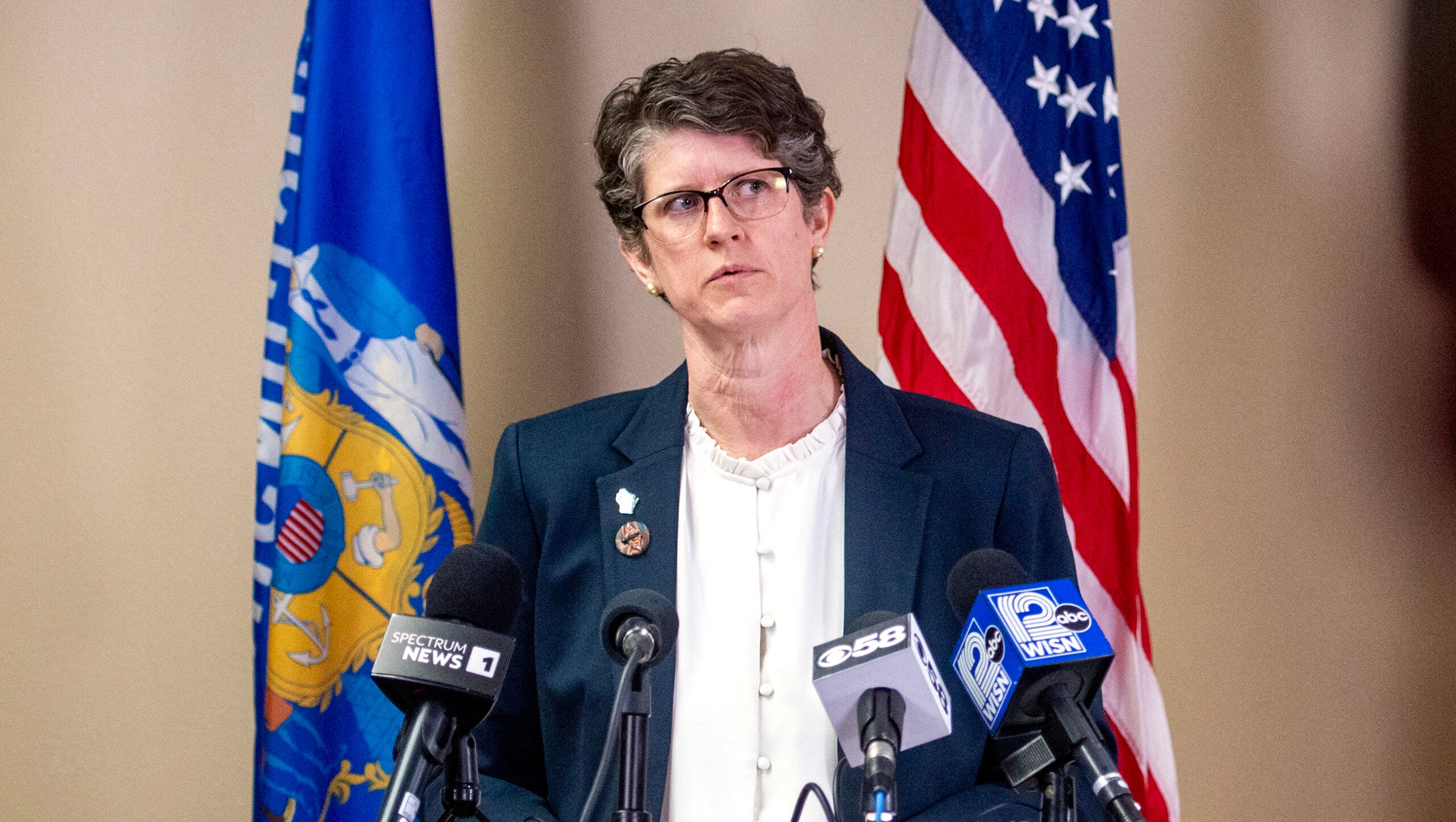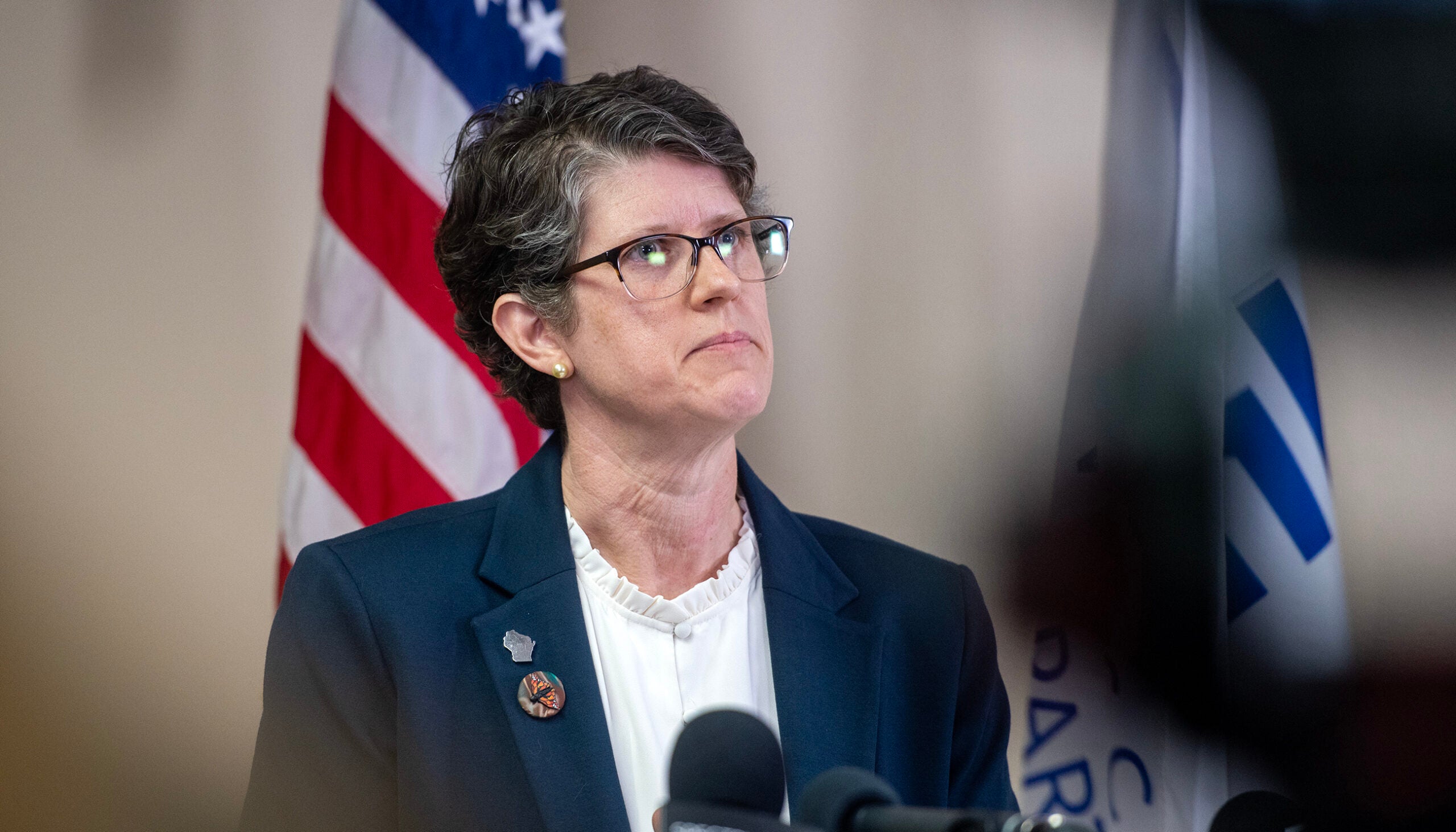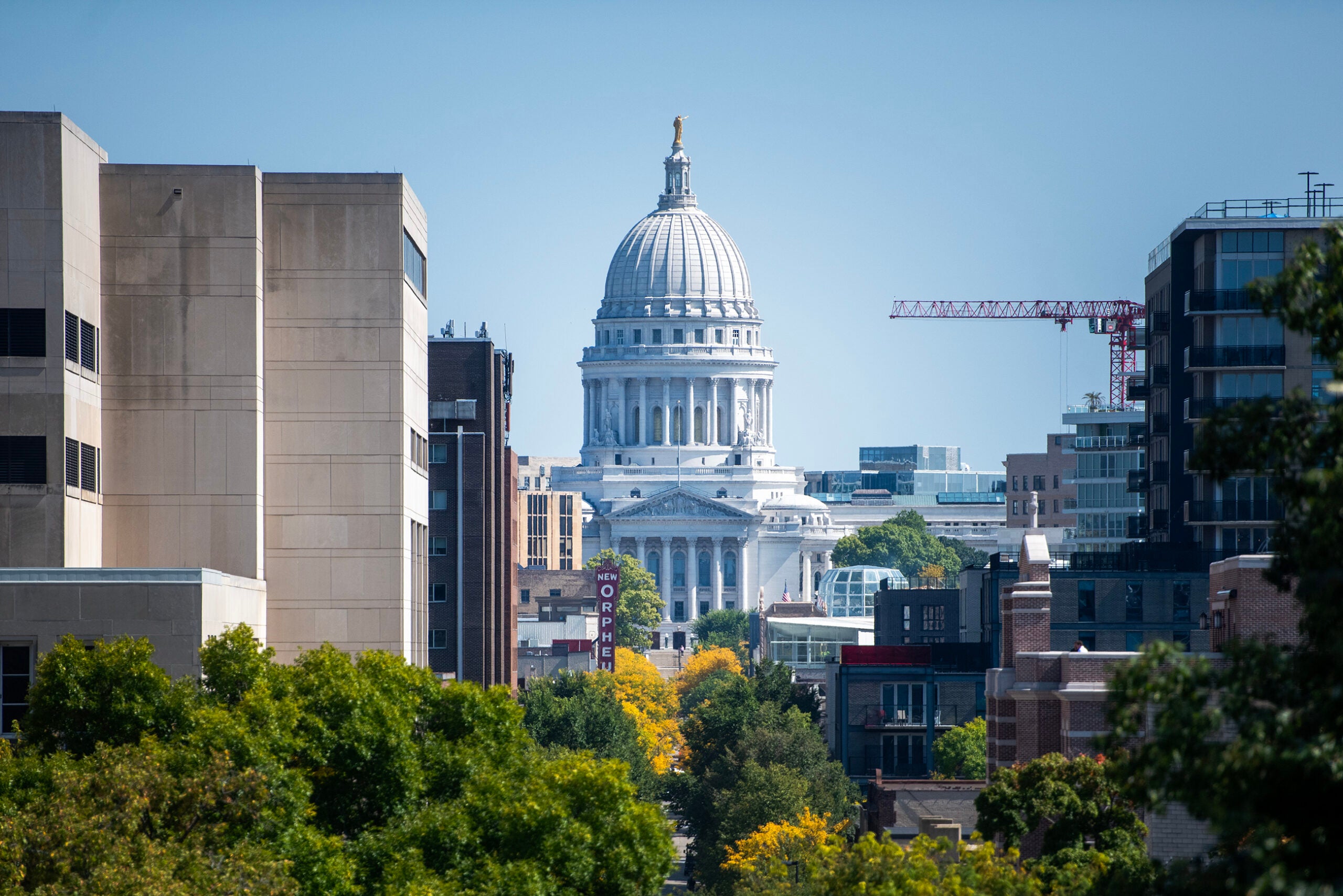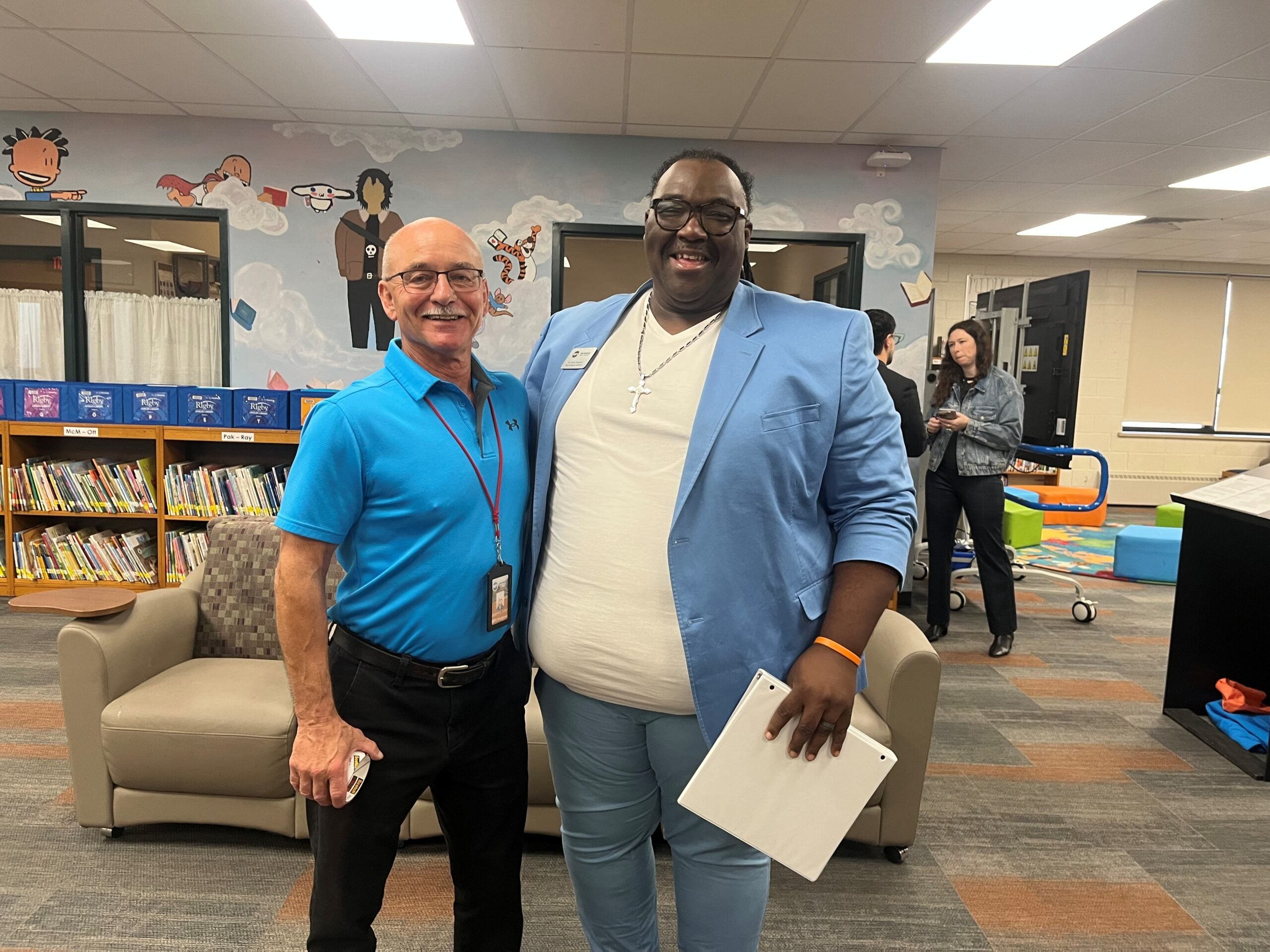Wisconsin public school paraprofessionals could get a lifetime license to teach any subject through a GOP legislative proposal aimed at alleviating the state’s teaching shortage.
Under the plan, a paraprofessional who has worked in a classroom for at least one year could obtain a temporary license for three years while being mentored by a classroom teacher in their district. After that three-year period, the Department of Public Instruction would have to issue a lifetime license.
The bill eliminates all state requirements for becoming a teacher, including the requirement to hold a bachelor’s degree, the requirement for passage of the Foundations of Reading Test (FORT), and requirements of reading knowledge that was passed this summer under 2023 Wisconsin Act 20.
News with a little more humanity
WPR’s “Wisconsin Today” newsletter keeps you connected to the state you love without feeling overwhelmed. No paywall. No agenda. No corporate filter.
Minimum licensure requirements for paraprofessionals licensed under the proposed bill would be lower than what the state requires of private school teachers in the Choice program.
In Wisconsin, a paraprofessional must be 18, have a high school diploma, and complete two years of post-secondary education with 48 credits, or have an associate’s degree, according to the DPI.
Several Republican lawmakers and superintendents and school board members from Kenosha, Brown Deer and St. Francis school districts spoke in favor of the bill during the Assembly Committee on Education Tuesday.
Brown Deer Superintendent Monica Kelsey-Brown told the committee she lost half of her middle school staff during the second year of the pandemic. One week before this school year, Kelsey-Brown was down a high school chemistry and math teacher and a second-grade teacher. She made the decision to eliminate all higher-level math courses this year.
Kelsey-Brown worked with State Rep. Barbara Dittrich, R-Oconomowoc and Sen. Dan Knodl, R-Germantown, on the bill. She said hiring paraprofessionals as teachers will address the teacher shortage and empower a group of committed people already invested in the success of students.
“Many paraprofessionals come from our local communities, bringing with them a deep understanding of the cultural nuances and challenges faced by our students,” Kelsey-Brown said. “By providing them with a pathway to full-time teaching, we enhance the representation of our diverse society within the education system, creating an environment that is more relatable and supportive for our students.”
But representatives from the State Department of Public Instruction said giving paraprofessionals a lifetime teaching license without the education and training of a traditional teacher could harm students.
Jennifer Kammerud, DPI’s director of Licensing, Educator Advancement, said the teachers mentoring the paraprofessionals for three years would not have to have specific training. And they are also stretched thin.
Transparency to parents is also an issue, Kammerud said.
“The licenses issued under (the bill) would be indistinguishable to parents, the public, and other hiring agencies from licenses issued to those who have bachelor’s degrees and completed an approved educator preparation program,” Kammerud said.
Lawmakers asked DPI if they could support the bill if the license was temporary instead of issued permanently. DPI officials said it was a good step, but they still wanted to see paraprofessionals receive more training.
Cecilia Spicuzza-Pesicek, a paraprofessional in the Oconomowoc Area School District, sat through three hours of testimony before she had her turn to speak. She told legislators she believes paraprofessionals should not automatically be given a teaching licenses.
Spicuzza-Pesicek recently completed her associate’s degree in elementary education from Waukesha Area Technical College. She’s working towards a bachelor’s degree.
She thinks other paraprofessionals should have to do the same.
“The pathway proposed in this bill dilutes the profession and does not place prepared candidates as the teacher of record in the classroom,” Spicuzza-Pesicek said. “The test scores are tied to public funding and families want the best for their learners. Please give it to them.”
Wisconsin Public Radio, © Copyright 2025, Board of Regents of the University of Wisconsin System and Wisconsin Educational Communications Board.

